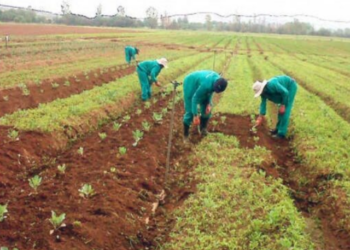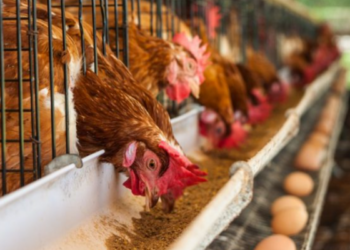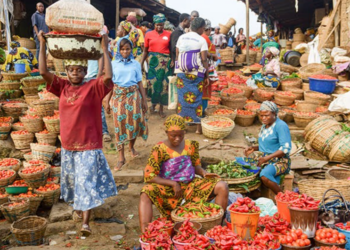- The Nigerian Association of Chambers of Commerce, Industry, Mines and Agriculture (NACCIMA), has said that over $50 billion would be saved annually if local production was protected by developing a deliberate policy restricting importation of agricultural products that could be produced locally.
- NACCIMA, in a communiqué issued during its 55th Annual General Meeting tagged: “Policy Consistency in Agricultural Value Chain: A Key to Socio Economic Development,” explained the need for the federal government to provide incentives for large scale mechanised farming to create employment, achieve increased productivity and self-sufficiency in food production for local consumption and export.
- According to NACCIMA, “This will save the scarce foreign exchange expended on importation of food, estimated at over USD50 billion annually. There should also be a deliberate policy for the protection of local investors against dumping.”
- NACCIMA identified agriculture as an important sector of the Nigerian economy employing over 60 per cent of Nigerians including many rural women, and contributing 35 per cent of the country’s Gross Domestic Product (GDP), but stressed that despite the involvement of over 60 per cent, agriculture in Nigeria is largely focused on food crops for the domestic market.
“Nigeria however, remains a net importer of food largely because of the small scale nature of agricultural operations, with limited innovation regarding inputs, harvesting, processing, distribution and access to markets, “he said.
- According to NACCIMA, Nigeria’s over dependence on petroleum is a major hindrance to agriculture and agribusiness development, stating that 95 per cent of the country’s exports are dominated by petroleum and related products thereby shifting focus from agriculture and resulting in severe underinvestment in the sector.
- Source: Thisday


















